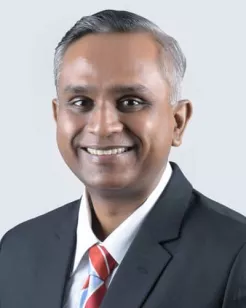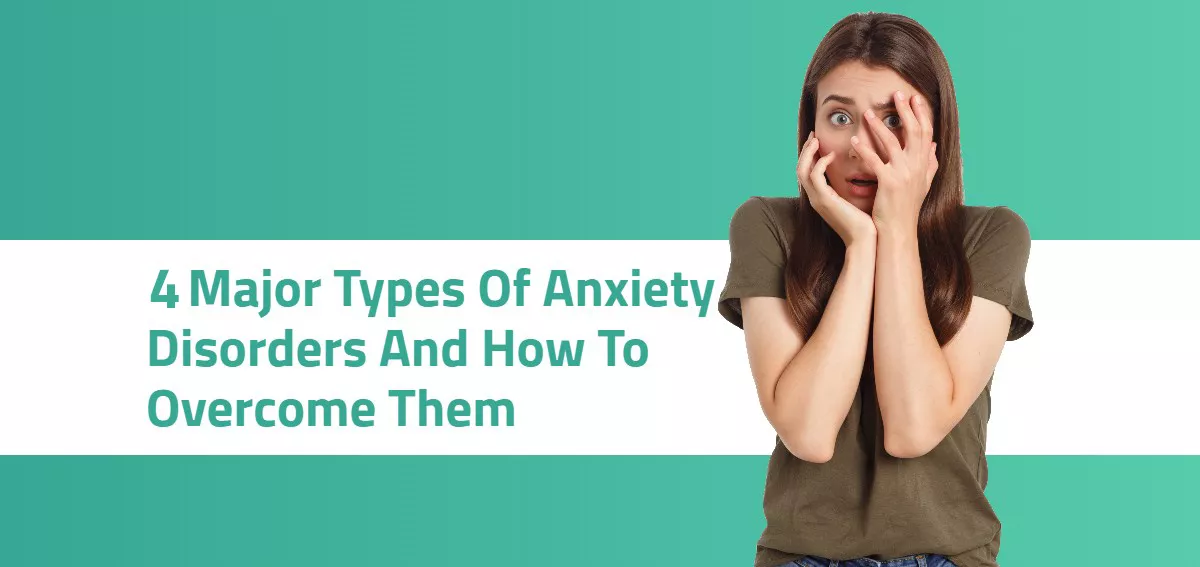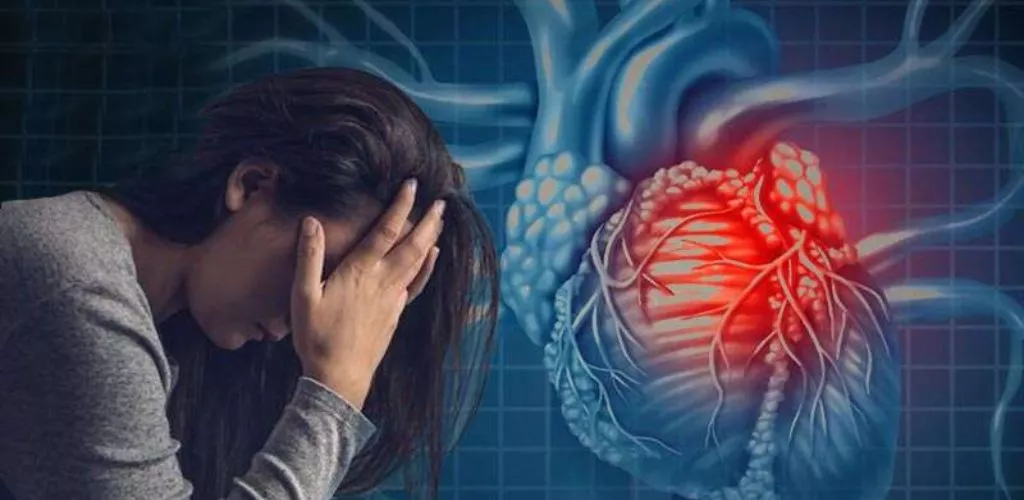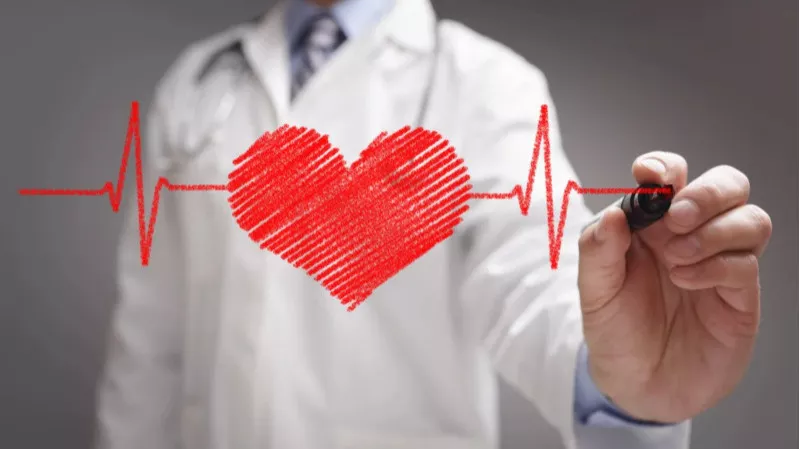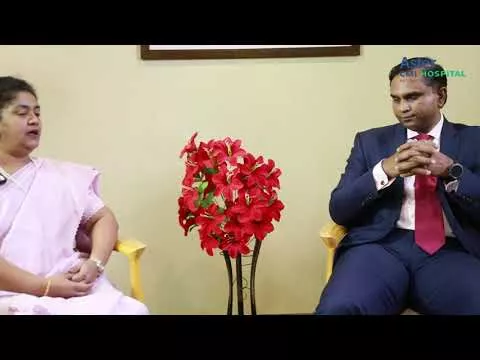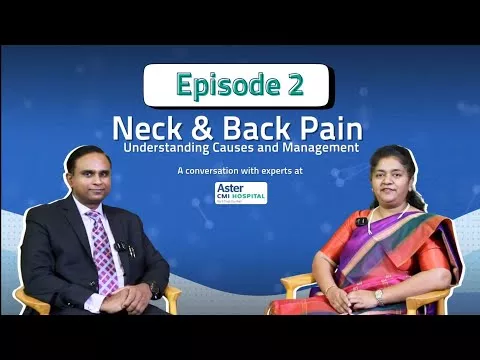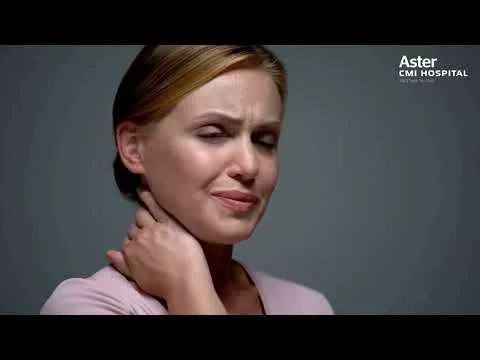Pain – is the most feared symptom by any individual. It is also a very common ailment that individuals seek medical help for. Yet, it continues to be a symptom that distresses as finding an answer for the cause is not always possible. So, here are a few questions commonly asked that may help.
What is Pain? Why is it important?
The definition from the International Association for the study of Pain is “An unpleasant sensory and emotional experience associated with, or resembling that associated with, actual or potential tissue damage,”
So, in simple terms, Pain is first of all, what the individual says it is! Pain signals start at the point of injury and travel through nerves from that point, through the spinal cord, and then to the brain, with multiple connections to the centers in the brain associated with emotions, memory, sleep, and anxiety. This is important as every person’s experience of pain is personal due to this.
What is Acute Pain/ Chronic pain?
It is a common occurrence to cut ourselves with paper/ when cooking - we are made aware of the injury, we are then able to be careful when using our hand, and we are careful next time. Thus, pain is helping us protect ourselves. Pain goes away completely once the injury has healed. This is an example of acute pain.
When the injury has healed, the expectation is for the pain to be gone. When this pain persists, causing distress, and affecting the quality of life, it is called Chronic pain. There are different causes of chronic pain and many approaches to treating them. Certain people feel persistent pain when there is no underlying injury or illness. Arthritis, fibromyalgia, chronic pelvic pain, chronic migraine, and cancer are some of the disorders that might cause chronic pain.
Does Chronic Pain go away?
Chronic pain is complex and owing to its protracted course, has affected the quality of life of the individual in areas of sleep, anxiety, mood, work, leisure activity, and activities of daily living. Hence, management is interdisciplinary - where the management needs a team of professionals such as physiotherapists, psychologists, and mind-body medicine specialists - who will work together focusing on the individual's needs. The management can be successful only if there is equal, active, consistent participation from the individual in pain.
Management of Chronic pain also requires that the comorbidities such as diabetes, hypertension, rheumatological conditions, and dental conditions are looked into by the respective specialists and managed as advised.
What are the different types of pain?
While one way to classify pain is acute and chronic, the other way is to classify it based on the cause of the pain. Where has the damage happened?
When there is an injury to tissues such as skin/ bone, they are defined as sharp, agonizing it is called nociceptive pain. Examples are stubbing the toe, cutting your hand, and breaking a bone.
Neuropathic pain occurs when there is damage to the nerve either in the periphery or in the central areas of the nervous system such as the spinal cord or brain.
Why is it important to understand the cause of pain?
When we understand the types of pain, it helps the Pain specialist to narrow down the cause of pain and hence administer the right individualized management for the pain.
How does the Pain Specialist determine the intensity of my pain?
The Pain Specialist will not score your pain for you. The intensity of pain can be reported only by the person who is experiencing the pain. There are tools used called the Numerical Rating Scale, a self reporting tool. The scale is as below:
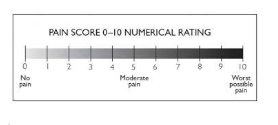
What is pain management?
Pain management is an individualized plan of management to reduce the intensity of pain a person experiences, while all effort is made to identify the cause of the pain
Pain management is often misunderstood as being only about medications. Pain medications are commonly thought to all belong to the category of “kidney damage” or “addiction”.
It is NOT so.
Pain management is taking into account that the individual is more than just the physical pain. The emotions/ psychological status/ mood/ past and present experience all contribute to the intensity of pain. Hence the management is interdisciplinary. The team helping the individual would be:
Pain Specialist - Who is pivotal in understanding and identifying the cause of pain. He/She would prescribe the prescription which included Pharmacological (Medications), Interventional and Non - Pharmacological methods.
- Pharmacological pain management: The medications prescribed are safe to use. They will be prescribed with the comorbidities in mind and will be reviewed and dosage optimized as per the reevaluation of reported pain.
- Interventional pain management: If the cause of pain is severe and refractory to conservative management, then the appropriate intervention will be discussed. The procedures are either guided by Ultrasound or the CATH LAB under Fluoroscopic guidance. The procedures are Steroid injections/ Platelet Rich Plasma injections/ Synvisc injections for osteoarthritis/Radiofrequency ablation/ Lumbar sympathectomy/Nerve blocks, to name a few.
Nonpharmacological scribing is to the below-listed team members:
- Psychologist - In Chronic pain as mentioned earlier, the involvement of the Psychologist would help in assessing the anxiety/ depression/ stress levels. The use of psychotherapy, sleep hygiene, and cognitive behavioral therapy go a long way in relieving pain.
- Physiotherapist – The physiotherapist’s role in relieving pain includes myofascial release, stretching of fascia and muscles to relieve pain, mobilization of joints especially after surgery/ procedure, corrective exercise, ergonomics and awareness of posture to correct pain, and advice on how to carry out daily activities, minimizing trauma leading to pain. TENS (transcutaneous electrical nerve stimulation), IFT, and Ultrasound are other modalities of treatment offered through Physiotherapy.
Complementary Medicine: This includes Yoga, Acupuncture, Dry Needling, Mind-Body Medicine
Visit Aster RV- pain management hospital in Bangalore for any further information.

